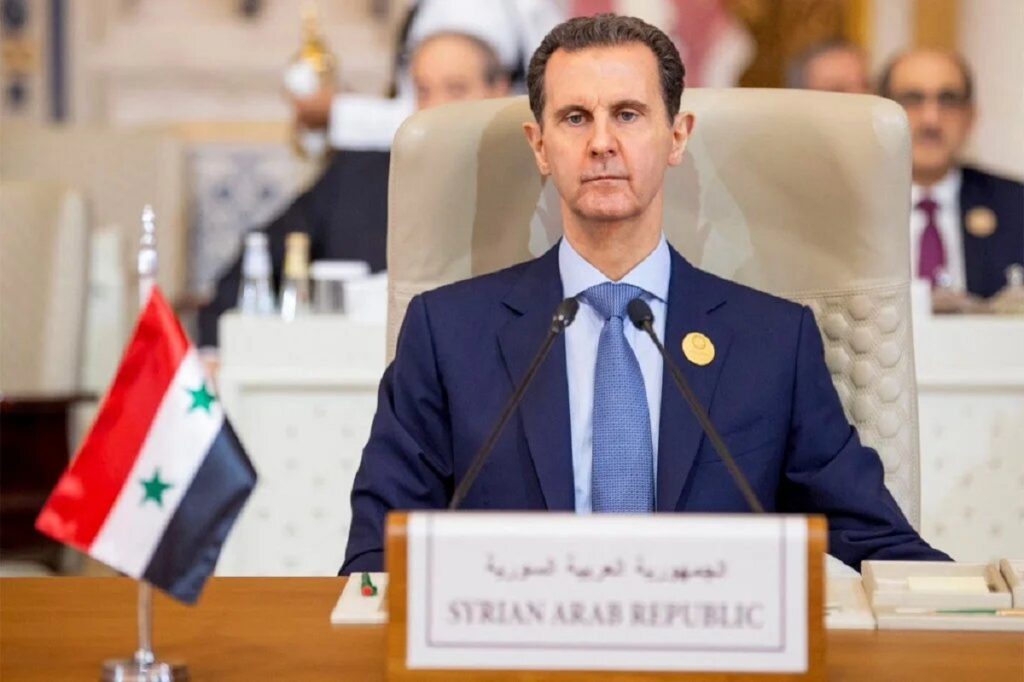Watan–The Syrian arena is witnessing unprecedented tensions as competition between Turkey and Israel over influence escalates following the fall of Bashar al-Assad’s regime. Previously, the two sides had overlapping interests in supporting the overthrow of the Syrian regime. However, today, with both Ankara and Tel Aviv deploying forces within Syrian territory, their interests appear to be at stake. Could indirect cooperation transform into direct confrontation?
Since the outbreak of the Syrian revolution in 2011, Turkey has played a prominent role in supporting armed opposition groups, while Israel focused on strategic military strikes targeting Iranian influence and Syrian army positions.
However, after the collapse of the previous regime, the dynamics shifted entirely. Erdogan’s forces penetrated northern Syria, while Israel intensified its operations in the east and south, especially as it expanded towards Kurdish-controlled areas. This move alarmed Ankara, which considers Kurdish armed groups an existential threat to its national security.

Israel seeks to build alliances with the Kurds, viewing them as a natural neighbor to Greater Israel. This raises concerns in Turkey, which sees such moves as direct support for a separatist project that could threaten its territorial integrity. Conversely, any Israeli military expansion in northern Syria brings it closer to Turkey’s borders, posing a direct threat to Ankara and fueling regional tensions.
Amid this complex equation, the al-Julani government faces a real test in managing Syria’s geopolitical landscape. The country has become a focal point for regional and international powers competing for the most significant gains in the post-Assad phase. The pressing question is: Can the new Damascus administration achieve a strategic balance among the competing powers, or will it find itself compelled to lease its land to other regional forces?
In this critical scenario, the options appear limited. Either the new Syria asserts its full sovereignty, or it becomes an open arena for regional and international conflicts, potentially plunging the country back into a cycle of foreign influence and external interventions.
